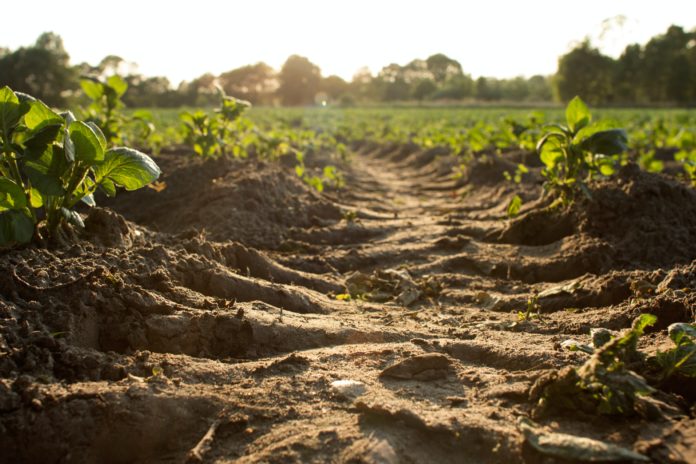Coburn Farms in Keswick Ridge sold Natural Gold Compost to the public for 29 years, but that came to an end on Oct. 11.
“[It’s] a little disappointing. You build something after 29 years, but you have to look at the bigger picture,” said David Coburn, owner of the farm.
The news may have been disappointing for regular customers, but it’s not a setback for the environment. All of the farm’s organic waste will now be used to make compost used in their apple production.
The family-run sustainable farm is trying to limit its use of chemical fertilizer that they began having to depend on it for fuel crops last year. Coburn has been a leader in sustainable farming for nearly as long as the 41 years he’s been a full-time farmer.
He built the first in-vessel composting facility in Atlantic Canada.
“It had a self-propelled turner, and we were turning all of our farm organic waste into compost,” said Coburn.
Starting in 1992, that allowed the farm to eliminate its use of fertilizer until recently. While the farm switched to windrow composting after 20 years of in-vessel composting, it has helped keep Coburn Farms open and sustainable for over 200 years.
And the farm, established in 1806, will stay in the family for years to come. Coburn recently granted 20 per cent of the ownership to his sons, Glen and Tyler.
“I knew when I was 14, I wanted the farm,” said Coburn.
The farm focuses on a range of activities, including apple cider production and egg sales from their 35,000 hens.
Compost is not the only sustainable practice in play at Coburn Farms.
After introducing glass-bottled apple cider about five years ago, starting in 2019, they have been able to decrease the amount of plastic bottled cider that they brought to the Fredericton Boyce Farmers Market – a venue they have been going to for 50 years.
“That died with the pandemic – the refills, and we couldn’t hand out samples of our cider – all of that sort of thing went,” said Coburn.
While the sustainability practices took a hit during the height of the COVID-19 pandemic, at the farm’s first Saturday back at the market two weeks ago, he sold as many glass carboys to new customers as he did in the first five months of 2022.
“That’s exciting to concentrate on that and work on reducing the plastics within our business,” said Coburn.
Coburn recognizes the importance of running a sustainable business in light of climate change. The warmer weather and stronger winds have affected farm operations, such as the tunnel ventilation system in their chicken barn as well as their greenhouses.
“You can’t control Mother Nature, so you have to be aware of that. I almost lost Tyler, my youngest son, in 2014,” he said. “We had a barn we were worried about and he went in to drive a tractor out and he wasn’t out until two minutes before the barn went down.”
Although grateful that the farm was not damaged by Hurricane Fiona, he’s very conscious of the damage done to the agricultural industry in Nova Scotia, P.E.I. and Newfoundland and Labrador.
“We lost more McIntosh apples to the rain than we did Friday into Saturday, but [the damage was] not anything to speak of. We were pretty lucky,” he said.
Coburn said he feels pretty lucky to have such a deep connection to the land. He says he could dig a hole nearly anywhere on his property and find a piece of metal or artifact from the past.
That connection is one reason he takes stewardship of the land — and its sustainability — so seriously.
“I’ve always said ‘you have to know where you’re coming from to know where you’re going,’” he said.
“Some days you wonder what the previous generations would think about what’s going on and some days you think you’re actually farming with them.”
This article was published in partnership with the Local Reporting, Global Media class at St. Thomas University and The Aquinian, St. Thomas University’s official student publication.

